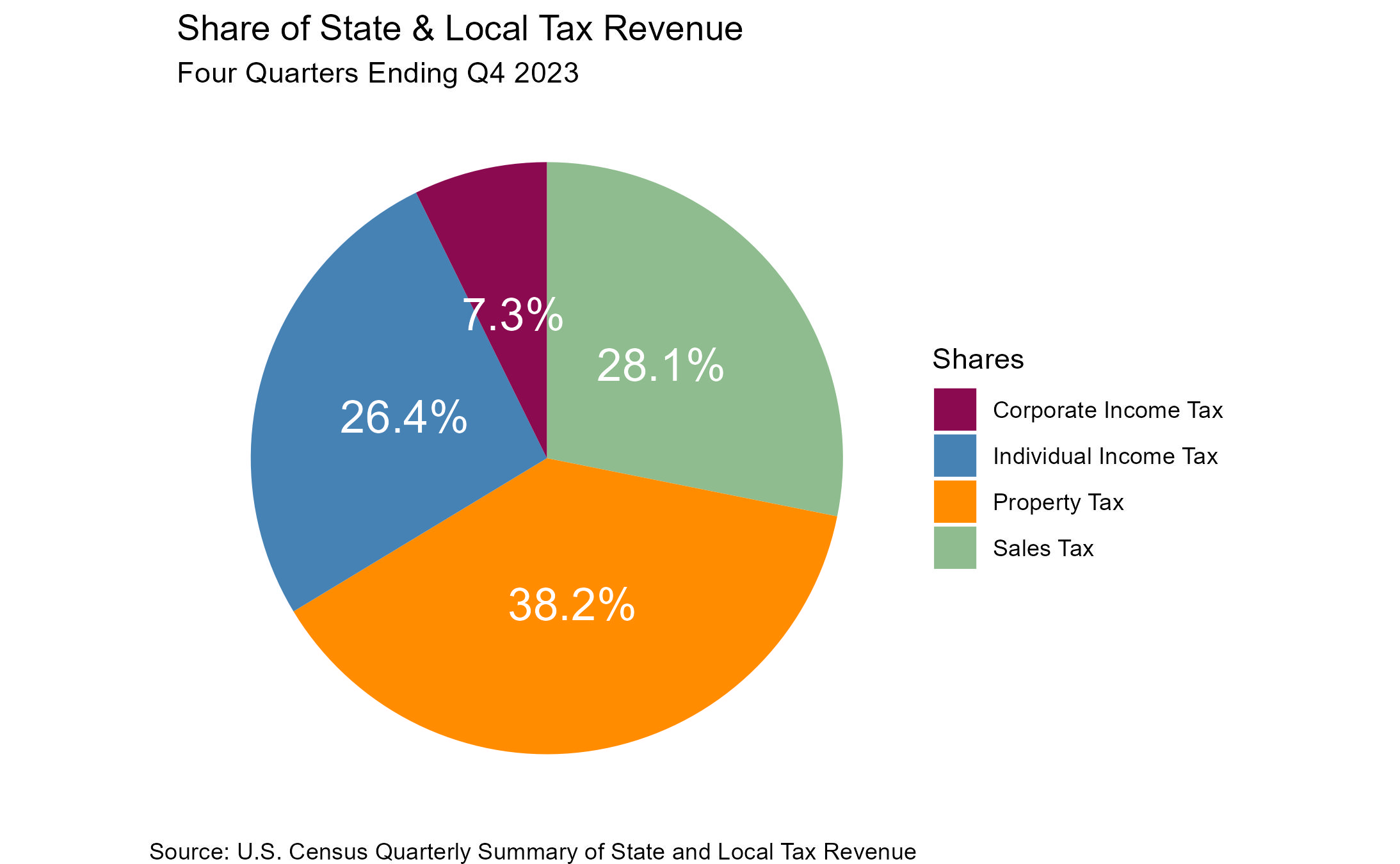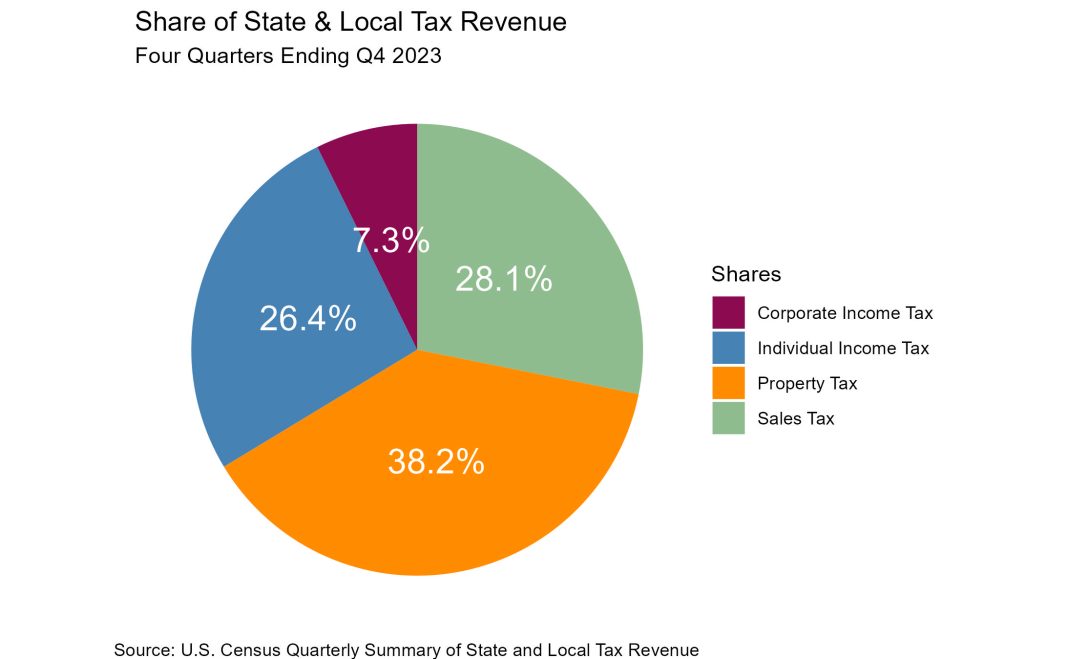 Decline of the Chinese Middle Class: A Troubling Trend for the CCP
Decline of the Chinese Middle Class: A Troubling Trend for the CCP
Introduction:
The once-optimistic and confident Chinese middle class is facing a harsh reality as many individuals find themselves slipping back towards poverty. This decline not only poses a threat to the well-being of workers but also presents a serious problem for the Chinese Communist Party (CCP). The party’s ability to deliver prosperity to its people is being questioned, potentially shaking the foundation of its power.
The Property Crisis:
The ongoing property crisis in China has been a major contributor to the middle class’s decline. It began in 2021 when Evergrande, a prominent real estate developer, failed to meet its financial obligations. This failure and subsequent ones have led to a slowdown in home building and buying, causing existing home values to plummet. For the middle class, whose wealth is often tied to their homes, this has been devastating. In December of last year, the average price of an existing home in major Chinese cities fell by 6.3 percent, marking the sharpest drop since 2011.
Income Tax Revenues:
A recent finance ministry report on Beijing’s income tax revenues provides further evidence of the middle class’s decline. Personal income tax receipts for January and February of this year were 16 percent lower than in 2023. The ministry attributes this decline to households moving into income brackets below the threshold for personal income tax. This threshold, set at 100,000 yuan per year, is also seen as the low end of what China considers middle class. The revenue shortfall indicates that a significant number of individuals have fallen out of this coveted status.
Diminishing Starting Salaries and Bonuses:
Data collected by Bloomberg News on starting salaries in China paints a similarly grim picture. Starting salaries fell by 1.3 percent in the fourth quarter of 2023, marking the third consecutive quarter of decline. Bonuses were even more disappointing, with an average decrease of 17.5 percent compared to the previous year. The internet and telecommunications sector experienced a decline of 27 percent in bonuses, while the financial sector saw a staggering 35 percent decrease.
Impact on Luxury Sales:
The decline of the Chinese middle class has had a significant impact on luxury sales. Gucci, for example, reported a 20 percent slump in sales in China compared to the previous year. Swiss watch exports to China have also fallen by 25 percent. High-end restaurants are experiencing similar declines as consumers opt for more affordable options. An excessive inventory of second-hand pianos has also put downward pressure on prices, highlighting how many individuals have given up on their middle-class aspirations.
Implications for China’s Economy:
The current state of affairs offers no encouragement for China’s economic prospects. The middle class is being forced to cut spending, stay home, and focus on rebuilding their savings. This cautious approach will likely hinder economic growth. For Xi Jinping and the rest of China’s leadership, who have promised prosperity to the Chinese people, this troubling trend should be deeply unsettling.
Conclusion:
The decline of China’s middle class poses a significant challenge for the CCP. It raises questions about the party’s ability to fulfill its promises of prosperity and maintain the support of the Chinese people. The ongoing property crisis, diminishing incomes, and declining luxury sales all contribute to a bleak economic outlook. As the middle class struggles, it remains to be seen how the Chinese people will react and whether the CCP can regain their trust and reverse this troubling trend.


